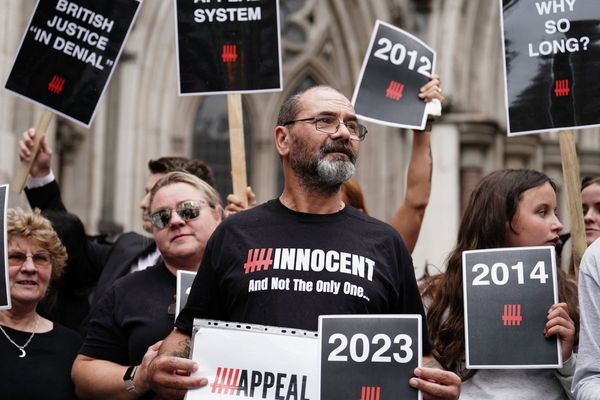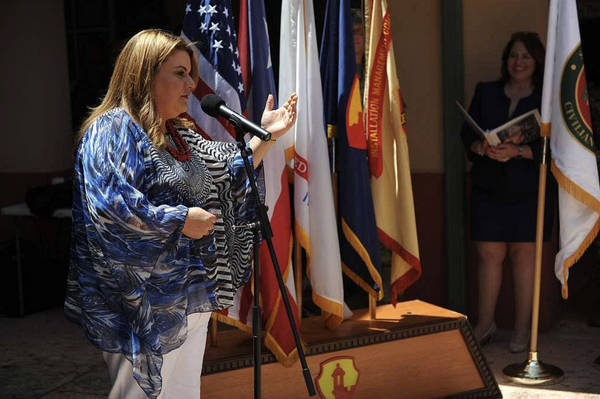The crab processing plant owners on Maryland’s secluded Hoopers Island call it “The Lottery.”
They aren’t referring to the state-run sweepstakes, but to the U.S. government’s annual method of randomly selecting which businesses — crab companies, landscapers, resorts — will receive visas to hire the foreign guest workers they covet.
Like the Powerball or Pick 4 drawings, the seasonal worker lottery produces far more losers than winners. Especially this year.
In January, 10 Eastern Shore crab plants applied to the U.S. Department of Labor for permission to bring in the workers — mostly Mexican women — to pick the crab meat sold in restaurants and supermarkets.
Only one of the 10 companies — G.W. Hall and Sons in tiny Fishing Creek — won the lottery.
“We were the only ones that got lucky,” said co-owner Bryan Hall, who is hiring 40 guest workers with his brother Robin. “I was happy, but I’ve been on both sides of this. It’s not right the government picking winners and losers.”
With crab season beginning April 1, the other companies are wondering how to keep operations going while hoping the government lifts a cap of 33,000 on the number of H-2B visas allotted nationally for the coming season.
“It’s awful. We’re all feeling the pain,” said Jack Brooks, one of the owners of J.M. Clayton Seafood Co. in Cambridge and president of the Chesapeake Bay Seafood Industries Association.
“These are multigenerational small businesses. If they were to fix this today, these [workers] get on a plane Monday. There are a lot of border protections, and we agree with that, but it’s going to be a month, or a month and a half, if this thing is solved.”
The Maryland crab houses say they collectively need 400 to 500 foreign workers. The workers typically live in company-provided houses and take shifts cracking shells with tiny knives and piling the meat into plastic containers. Around the country, such seasonal laborers are also coveted by hotels, restaurants, landscape companies and amusement parks that say they can’t find enough domestic workers in a strong economy.
In the early 2000s, former Maryland Sen. Barbara Mikulski, a Democrat, intervened when Northern ski resorts and Florida landscapers were scooping up the visas before Maryland crab houses had a chance to apply. She championed a change that divided the annual 66,000-visa allowance into two semiannual allotments.
As usual, demand this year for the initial 33,000 visas, covering the spring-summer season, overwhelmed supply. The U.S. Labor Department uses an all-or-nothing lottery to parcel out the visas.
Calls to the Labor Department on Thursday were referred to two spokespersons who did not reply to Baltimore Sun queries.
On Jan. 28, the Labor Department authorized an additional 20,000 H-2B visas for businesses facing “irreparable harm.” But Brooks said the timing of those visas was problematic because workers would have needed to arrive before the state’s crab season opens April 1.
“The H-2B program has been broken for a long time, and this year’s lottery underscores how broken it is,” said Maryland Sen. Chris Van Hollen, a Democrat who has been urging the government to release more visas. “Having a reliable workforce is crucial to the success of Maryland’s seafood industry and the larger economy — from our watermen, to our crab houses, to our local restaurants and grocery stores.”
Gov. Larry Hogan, a Republican, has also asked the Biden administration for more visas, saying in a Feb. 15 letter to the state’s congressional delegation that Maryland crab plants that were shut out “will not be able to operate this season.”
Brooks, the trade association president, agreed the situation is dire and said companies would need to assess whether they can remain viable. He said his own company didn’t receive about 70 visas it had sought but had a “very few” number of local workers to help out.
The Maryland companies “are going to try to work with what we’ve got, but it’s going to be ugly,” Brooks said.







